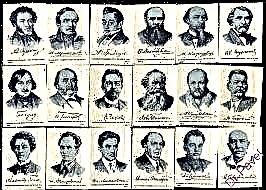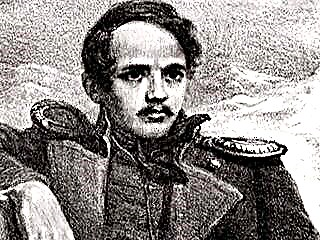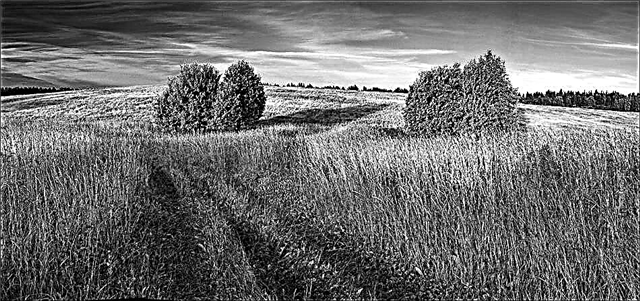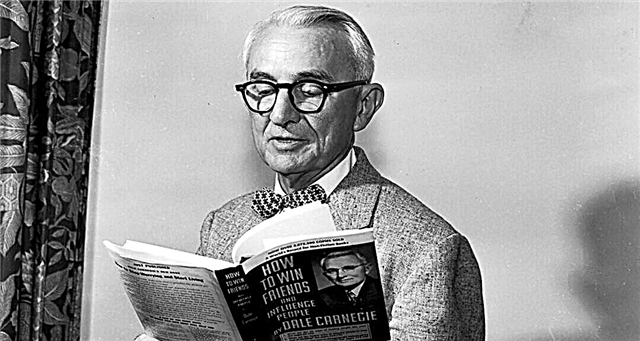(333 words) The theme of the nobility is the main one in the play “The Cherry Orchard”. Even the garden itself, one of the key images, is a symbol of the carefree and happy life of landowners in Russia. The nonchalant era of their idleness is coming to an end, and the garden, together with the estate, is sold at auction.
Representatives of the nobility in the play by Chekhov - Ranevskaya and Gaev - personify the outgoing generation, which by natural law has outlived its own century. They lived without worries, in abundance, completely not thinking about what would happen next. If once the landowners were the backbone of the country, then by the end of the 19th century many of the oldest families simply degenerated. Their descendants could not find their place in the world, because their main features were idleness, infantilism, arrogance and inability to provide living within their means.
Ranevskaya, apparently a kind and sweet woman, at first even arouses sympathy among the reader. But then her character is fully revealed. And in front of the viewer is the image of a noblewoman who is trying to seem sentimental, kind, noble, although, in fact, it is not. Her emotions quickly succeed one another - from bitter tears to a carefree laugh, only a few moments can pass. Ranevskaya is very selfish and thinks only of her own pleasures - she left her family and went to France to her lover, who brazenly robs her. Even at the end of the play after the sale of the estate, Lyubov Andreevna takes the remaining funds and leaves for France. When a noblewoman speaks of endless love for the motherland, this can only cause laughter. After all, at the first opportunity, she leaves Russia, leaving everything that is “dear” to her, without any regrets. At this rate, her children are doomed to poverty.
Brother Raevskoy Gaev - also a bright representative of the nobility. The shortcomings inherent in his sister were brought to him on a caricature scale. One has only to recall the situation with the closet - when Ranevskaya only kisses him, Gayev makes a whole speech in front of him, causing the reader only laughter. Leonid Andreyevich is presented as an arrogant person who considers himself an aristocrat of the highest class and puts other people below himself, although he understands that his generation is giving way to other people with fresh views.
The nobility in Chekhov's play is presented as a passing generation, which, although not voluntarily, gives way to new people with a different vision of the life and future of Russia.












